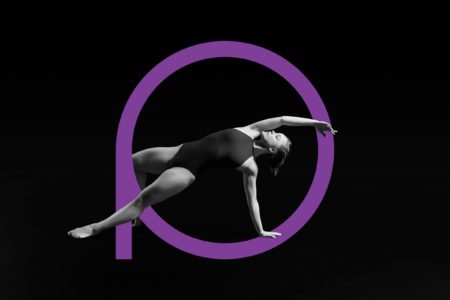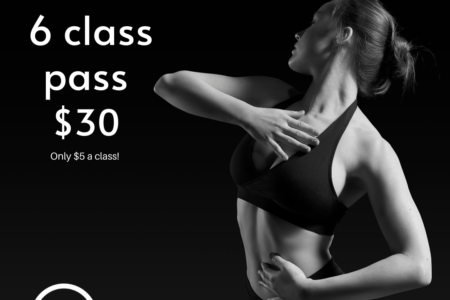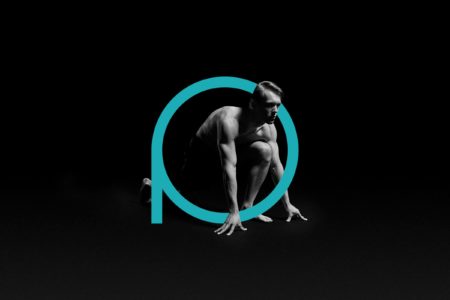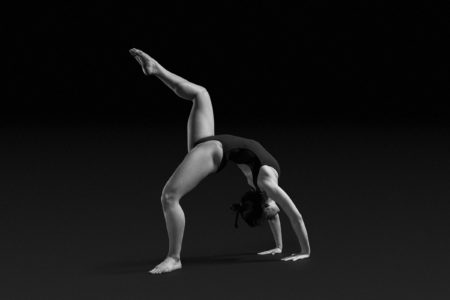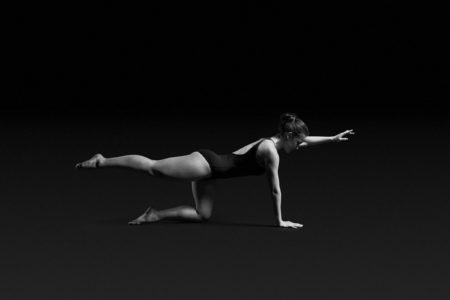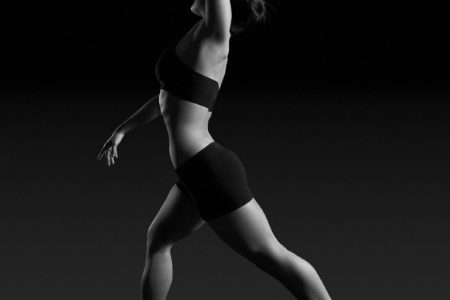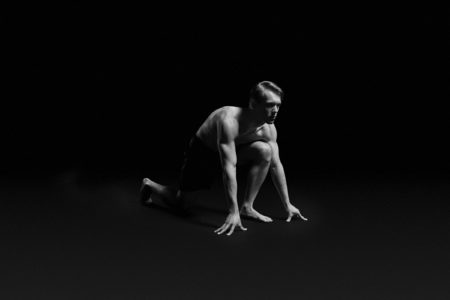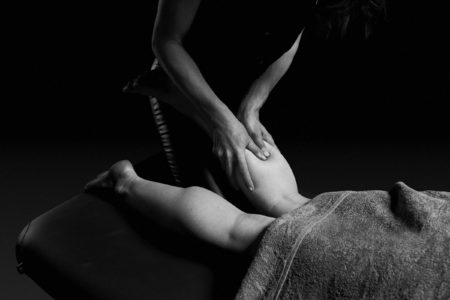Suite 3, Ground Floor, The Gateway,
312 St Kilda Road, Southbank, VIC, 3006
Preparation & Recovery
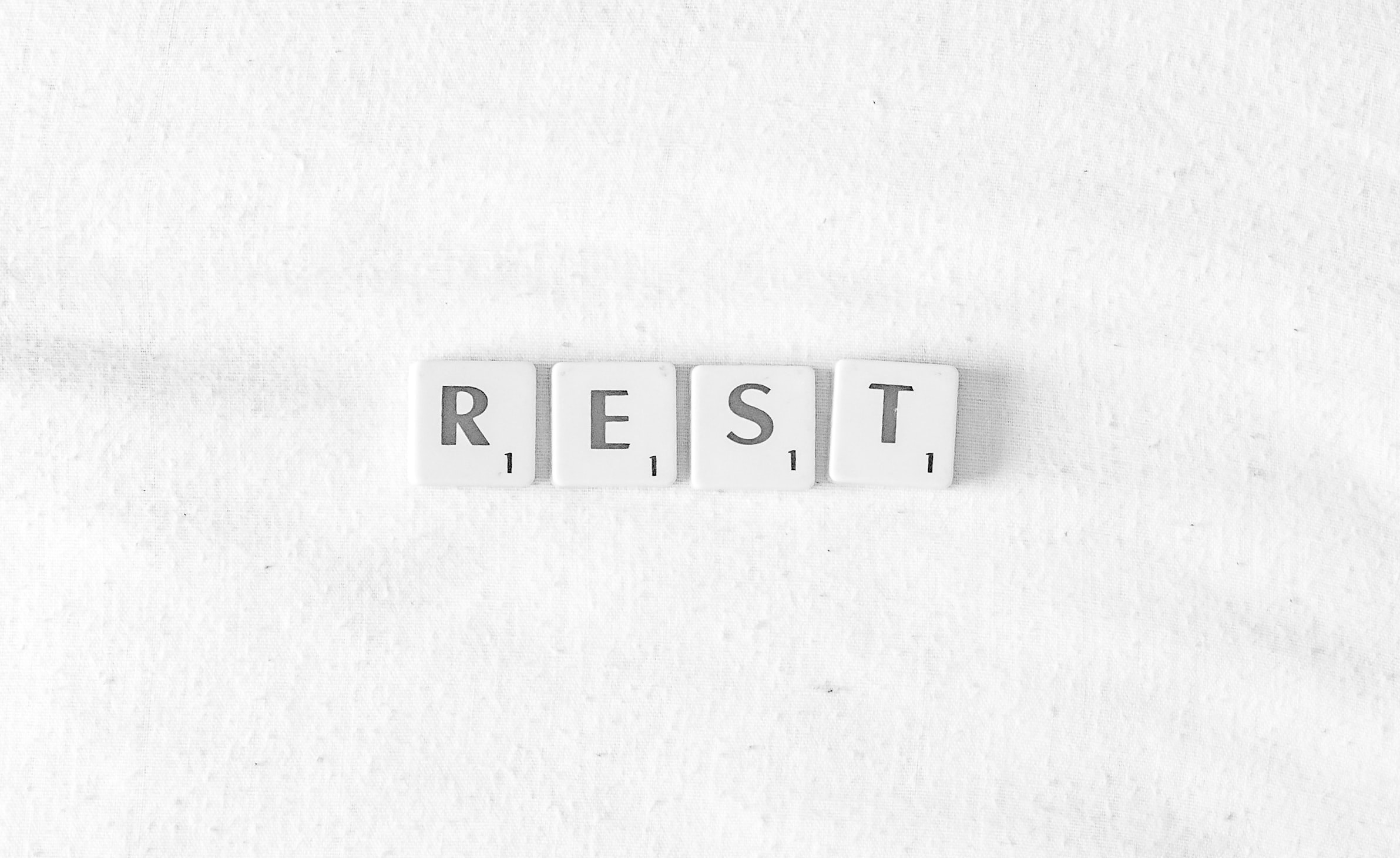
By Andrew Pilcher
With a difficult year behind us, we don’t want to carry those difficult things into our current and future life. Let’s process the fact that we have all gone through massive changes. This is unsettling. Exercise & strength training can be tricky to fit in, and to know what best to do is a minefield! The thought of preparation is difficult, I can hear you saying “I’m not qualified” to plan it, Oh well, I’m just going to do it! BUT WAIT! Preparation is key!
Preparation
Planning is one of the most important things about exercise. Training smart always trumps training more. Many people have tried pushing into new activities and expect the body to be just as it was years ago. But our body is forever changing and adapting. It is not always true that we will do less as the years go on.
You don’t need a degree to guide yourself. Just give yourself some guidelines and boundaries, and try for what is reasonable: gradually increasing always gives a better outcome. Simply set a goal, however different it is to what you do now, and work at it gradually! If its complex, break it up and work on certain aspects of it. Try a mix of cardio loading 1-2 times a week and strength training 3 times a week.
Plan, and make sure you’re not training the same way every day.
For example, you want to mountain climb regularly! Good for you! You can split up this undertaking into skill specific work 1-2 times a week initially, and strength work 2-3 times a week with some type of resistance training. After a couple of weeks, increase either how long you train or the resistance you use. After a month, increase the other (how long you train and the resistance you use). This makes it GRADUAL, not all at once. You have increased your training, taken strides towards your goals and you’ve made it sustainable. Then in possibly 2-3 months you are climbing difficult travails, and you are loving it! If you’re asking your body to perform climbing for long hours, and high loading in 1-2 weeks (4-5 sessions) from mostly couch potato, you are asking for some sort of overload/failure resulting in injury or burnout.
Recovery
This is equally very important. This relates to both recovery throughout exercise sessions/classes/activity and throughout the week in between training days. Recovery is part of the body’s training process. You can’t get stronger or better without sufficient recovery.
In sessions of exercise, fatigue tends to give you guidance for your body to have short rest periods. High resistance loading means you should give your body roughly 1 minute of loading followed by 1 minute of recovery. The exact times are slightly more complicated but this is a good start. Important soft tissue changes and responses are happening in this recovery time. Respect it. If you’re bored you can vary what muscle group you load next. This is called off-setting. For example you might do some abdominal exercises, and whilst your abdominals have their 1 minute rest, you can do some arm work not involving loading abdominals. Or just have a minute to drink, and enjoy the rush of hard work coursing through your body. Either way!

Throughout the week it is so important to have rest days. I call them party days. This is so you enjoy them! Enjoy the days your body is recovering (you might feel a few muscles telling you how hard they have worked!). But while light walks or lighter activity (even gentle housework) is great on those days, understand that physiological processes are happening here that are vital to maintaining an upward trajectory. Loosely at least 1 day, usually I like 2 days of rest a week. They can be split up or together, it doesn’t matter. Enjoy yourself!
Throughout the year, again rest is important. This is really important for those doing specific and intense training. If you can have a week off every 3 months, or something similar when it is convenient for your training schedule, it is so important for shared loading in your body. You will inevitably do different things in these off-periods, like walking, or leisure, cycling, maybe some couch potato work, but this is very important to prevent chronic load to our body’s tissues.
So prepare, plan, reward yourself, rest.

